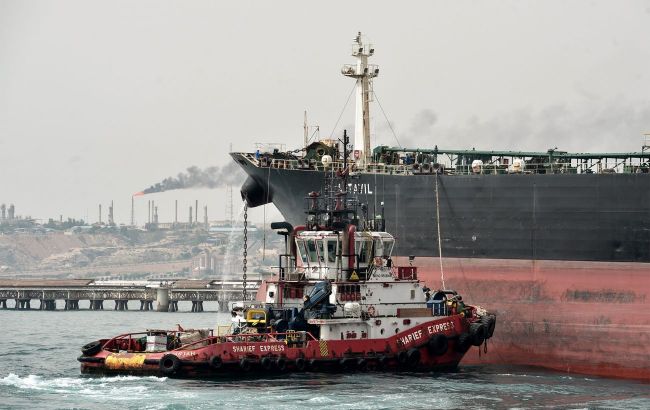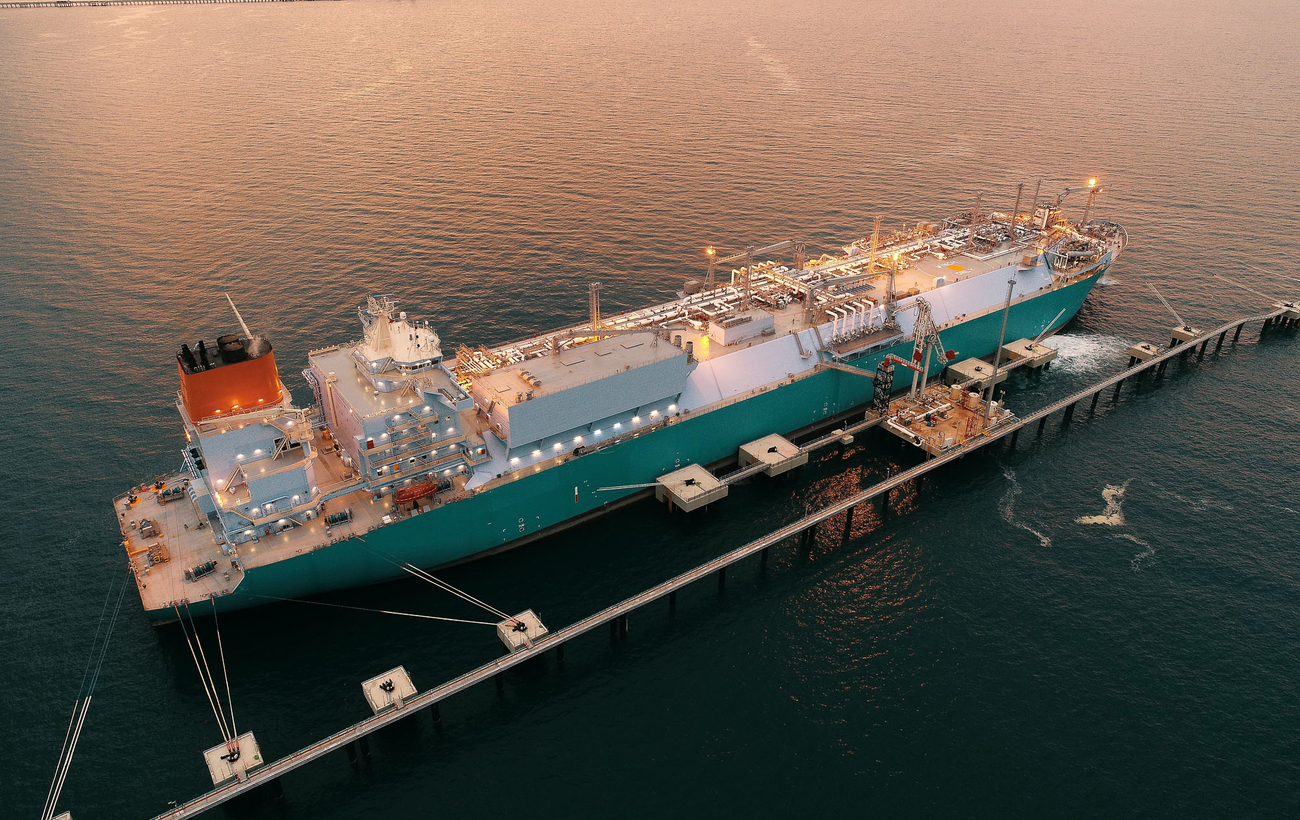Iran-Israel conflict could crash global economy - What it means for Ukraine
 Photo: 20% of the world's oil production is exported through the Strait of Hormuz (Getty Images)
Photo: 20% of the world's oil production is exported through the Strait of Hormuz (Getty Images)
The armed conflict between Iran and Israel triggered a wave of anxiety on global markets from the very first days of its outbreak, and that wave is only growing. A conflict that goes beyond a local confrontation could lead to serious shocks for the global economy, ranging from instability in oil markets to disruptions in global supply chains.
RBC-Ukraine explores whether a new economic crisis is a real risk.
Oil and gas prices are rising
The war in one of the world's key energy regions has caused significant fluctuations in oil and liquefied gas prices.
On the day the fighting began, the price of Brent crude jumped 7% to $74.70 per barrel. Further growth continued depending on the intensity of the hostilities. On June 19, the day of heavy strikes on Iran, the peak oil price reached $78.74. On Monday, June 23, it slightly decreased to $78.46 per barrel.
.png)
Events in the Middle East caused an increase in oil prices (Bloomberg chart)
On June 19, the gas price at the TTF hub — a key benchmark for the European market — rose to €41.48 per megawatt-hour, compared to €37.57 on the first day of the conflict escalation. By Monday, June 23, the price had slightly decreased to €41.41 per megawatt-hour, which is nearly $500 per thousand cubic meters.
Closing the Strait of Hormuz is the main risk
Tensions in the energy market are rising primarily due to Iran's intentions to block the Strait of Hormuz. Iran's parliament has already given preliminary approval to this step. The final decision is expected from the country's Supreme National Security Council.
The strait, which connects the Persian Gulf to the Indian Ocean, is critically important for global oil and LNG supply. Around 16.5 million barrels of oil and condensate pass through it daily, including shipments from Saudi Arabia, Iraq, Iran, Kuwait, and the UAE. The strait is also a key route for liquefied natural gas exports from Qatar.

Photo: Not only oil but also liquefied natural gas is exported through the Strait of Hormuz (Getty Images)
UK Foreign Secretary David Lammy has already stated that blocking the Strait of Hormuz would be a catastrophic mistake.
US Secretary of State Marco Rubio has appealed to China to convince Iran not to close the Strait. According to the BBC, any disruption in oil supplies will have deep consequences for the global economy. China, in particular, is the world's largest buyer of Iranian oil and has close ties with Tehran.
"If they close the Strait ... it will be economic suicide for them. And we retain options to deal with that, but other countries should be looking at that as well. It would hurt other countries' economies a lot worse than ours," the Secretary of State stated.
Roughly 20% of the world's oil supply passes through the Strait of Hormuz. It is used by the major oil and gas producers in the Middle East to transport energy resources out of the region.
On the brink of crisis?
So far, mere statements about a possible closure of the Strait of Hormuz have already caused tankers to reroute. Greece's Ministry of Shipping warned on Sunday that the country’s shipowners should think twice before transiting through Hormuz and instead head to a safe port, Bloomberg reports.
If the strait is blocked, the risk of a crisis will significantly increase, says Doctor of Economics and Professor Oleksii Plotnikov. "If that happens, there will be less oil available, and naturally, prices will rise. When oil prices go up, so do the prices of oil products, which are present in nearly every production chain. That means price hikes, inflation… An energy crisis will emerge. If the strait remains closed for a long time, the likelihood of a global economic crisis will rise significantly," Plotnikov told RBC-Ukraine.
The IMF has already warned that the Iran-Israel conflict could have consequences for the global economy that go beyond energy markets.
"We are looking at this as another source of uncertainty in what has been a highly uncertain environment," said IMF Managing Director Kristalina Georgieva. So far, the main impact has been on energy prices, but secondary effects are also possible, particularly through downgraded growth forecasts in major economies.
How rising oil prices could impact Ukraine
In Ukraine, gasoline prices have already risen by an average of 1 hryvnia over the past week. The reason is growing negative expectations amid the ongoing escalation of the Iran-Israel conflict.
If expert forecasts come true and oil prices climb to $100 per barrel, fuel prices in Ukraine are likely to keep rising.
Specifically, if oil hits $90 per barrel, gasoline could become 10–15% more expensive, according to former adviser to the Ukrainian President, Oleh Ustenko.

Photo: The global crisis and rising oil prices will cause fuel prices at gas stations in Ukraine to rise (Getty Images)
According to Oleksii Plotnikov, the topic of lowering the European Union's price cap on Russian oil may lose relevance. The European Commission had planned to approve a new cap of $45 per barrel this week. However, amid the Iran-Israel conflict, those plans have been put on hold. Plotnikov believes the EU will likely postpone the idea for now. Meanwhile, this situation could benefit Russia, as high oil prices may increase its revenues from shadow oil exports.
As for natural gas, Ukrainian companies, particularly Naftogaz of Ukraine, will have to spend more to purchase resources for the winter. As previously reported by RBC-Ukraine, Naftogaz plans to import around 6 billion cubic meters of gas before the heating season begins. As of June 20, only 2.9 billion cubic meters have been contracted, according to Energy Minister German Galushchenko.
Volodymyr Omelchenko, Director of Energy Programs at the Razumkov Center, stated in an interview with RBC-Ukraine's YouTube channel that if shipping traffic through the Strait of Hormuz is not disrupted, oil prices are expected to stay within the $75–80 per barrel range.
However, if Iran does decide to obstruct the passage of oil and gas tankers through the strait, it could push oil prices up to $90–100 per barrel.

